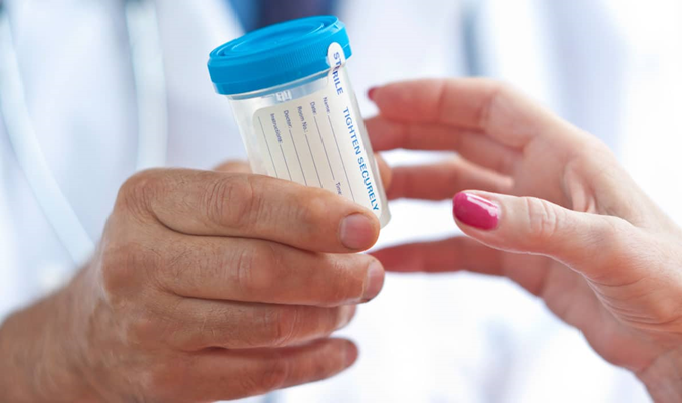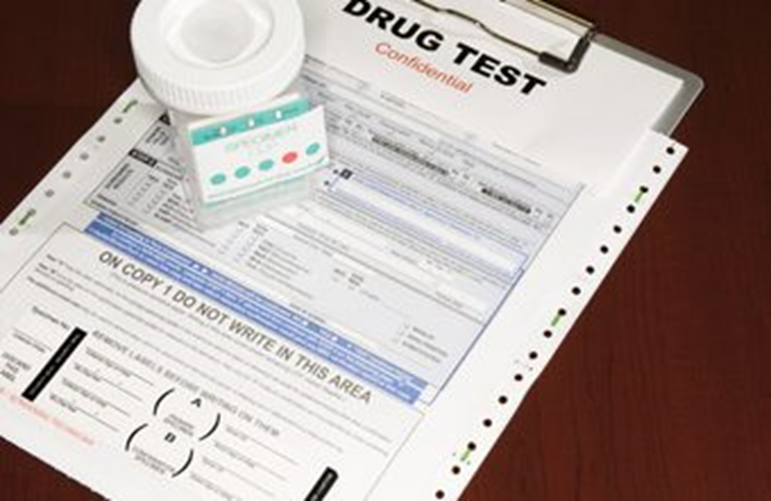
Well-known companies have invested a lot of time, money, and effort to become successful and famous all over the world. Due to responsible business, right products, and excellent staff, leading global brands are where they are. Starbucks belongs to the crème-de-la-crème of worldwide brands, as one of the leaders in providing catering services.
Every successful organization has a strict business policy, but also rules of conduct for their workers. They have to respect specific standards in order to maintain the level of success. Opiates are forbidden at the workplace, and many legal acts order drug-free business environment.
As seen on https://cleardrugtests.com/does-starbucks-test-for-drugs/, Starbucks belongs to over 50% of companies all over the world that conduct regular testing of their staff on illegal substances. These tests are not cheap, but it is undoubtedly less costly than employing someone who uses opiates, and who can expose themselves, their employer, and customers to danger. Besides, employers have many other reasons why they should regularly check their staff.
Regulations
The business activity of the company is one of the crucial factors when they will decide for performing drug tests of their employees. Workers in direct contact with clients and customers, as well as those at high-risk jobs, should be tested regularly. This factor is not obligatory, but it doesn’t mean employees in other workplaces will not be subjected to testing.
Federal and state laws are pretty rigorous about which companies should have regular checks of their employees. Simply, use of opiates is not allowed to people working in transport, health care, education, or in any public service. These organizations are very much concerned about the abuse of illicit substances and are quite rigorous about their drug tests. They usually send their employees to specialized laboratories, where their samples (hair or body fluids) are analyzed in details.
As far as companies from other industrial sectors are concerned, their regulations are a bit less strict. They usually perform in-house drug testing. Some employers even have a permissible level of detection on drug tests. However, you shouldn’t take this allowed limit for granted. If your analysis shows a positive result within the permitted limits, you will not be sanctioned, but you will be put under supervision.
It’s Safety Issue
The fact is that opiates affect the psycho-motor functions of people. Even if laws about drug use at the workplace are not strict, employers should regularly check their employees for safety. Some light drugs generally have no impact on consumers. The chances for something bad to happen are low. But even the smallest amount can have a negative effect on the behavior, so employers do not want to risk.
Opiates impact can be mild, but they are still illegal. People taking them are at risk, and why that happens, check on this page:
https://www.verywellmind.com/what-are-opiates-2795406.
Companies whose employees drive machines, cargo or passengers, regularly test their employees, but also job candidates. The same is with organizations whose employees represent the first line of the employer with customers and clients.
Customers can often be unbearable and cause particular stress and anger in employees. And if any employee is under the influence of opiates, every reaction and emotion will be overemphasized. A minor problem can escalate. Apart from being harmful to the reputation of the employer, the situation can become dangerous if it comes to physical contact.
Keeping the Good Reputation

Reliable and professional employees are one of the pillars of the company they work in. Many organizations build their reputation with their attitude towards employees, trying to gain the trust of clients and the public.
These companies mostly emphasize their ‘clean’ employment policy (no drugs, alcohol, weapons). So they must not allow failures like the employment of people who take drugs. Pre-employment drug tests are the way to eliminate unreliable employees, as well as random testing of current staff.
The ‘mitigating circumstance’ for people who take a few smokes from time to time is that most employers don’t do substance abuse tests often; unless the legal regulations tell otherwise. For example, the implementation of the urine drug test doesn’t cost much, and it is easy to perform it. However, frequent checks can lead to absent from the workplace, which can affect performance. So many employers do not carry out drug tests with great enthusiasm.
Financial Benefits
Companies should think of these analyses as an investment that will provide a healthy working environment. Regular testing of employees for the presence of drug metabolites can save a lot of money for employers.
First, any possible damage that stoned employees can make is prevented. Secondly, some countries are ‘rewarding’ responsible employers. If you regularly test your staff and take care of promoting a drug-free policy, you can benefit from a discount for health care insurance. This can bring significant savings to the company’s budget.
The law is entirely on the side of the employer in case one of the employees is positive on illicit substances. This person has violated workplace policy about drug abuse, and cancellation of working contract is the primary sanction. The company also doesn’t have an obligation to pay unemployment compensation for someone fired due to opiates use.
Employee Awareness
An increasing number of companies are beginning to test their employees on the presence of drugs. These actions reduce the number of jobs for drug users. They may not affect someone to stop using illegal substances but may raise awareness that the drug has a negative impact on human life.
Also, due to the regulations about the drug-free workplace, many employers conduct seminars and training about the use of opiates in the workplace, but also in general. Additional education may raise awareness of drug abuse in employees. Better safe than sorry.
Employers take care of employees at the workplace. They are not interested in what these people do in their free time. But all workers should be familiar with workplace policy regarding drug abuse issue. Thus, employers have minimal responsibility in case some of their employees have positive drug test results.













